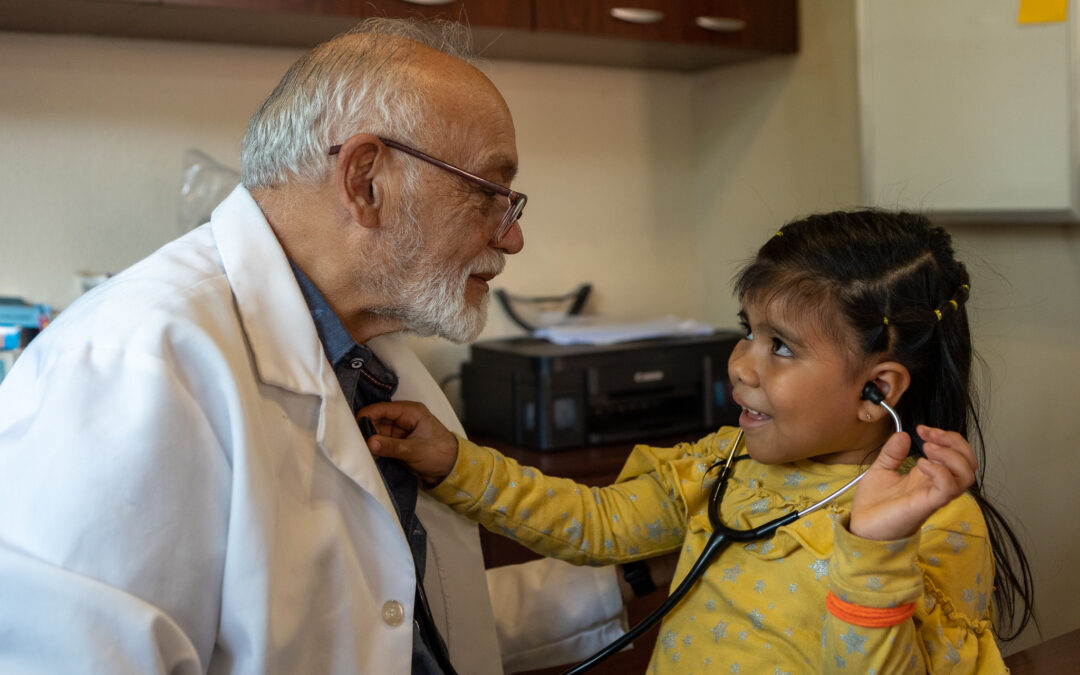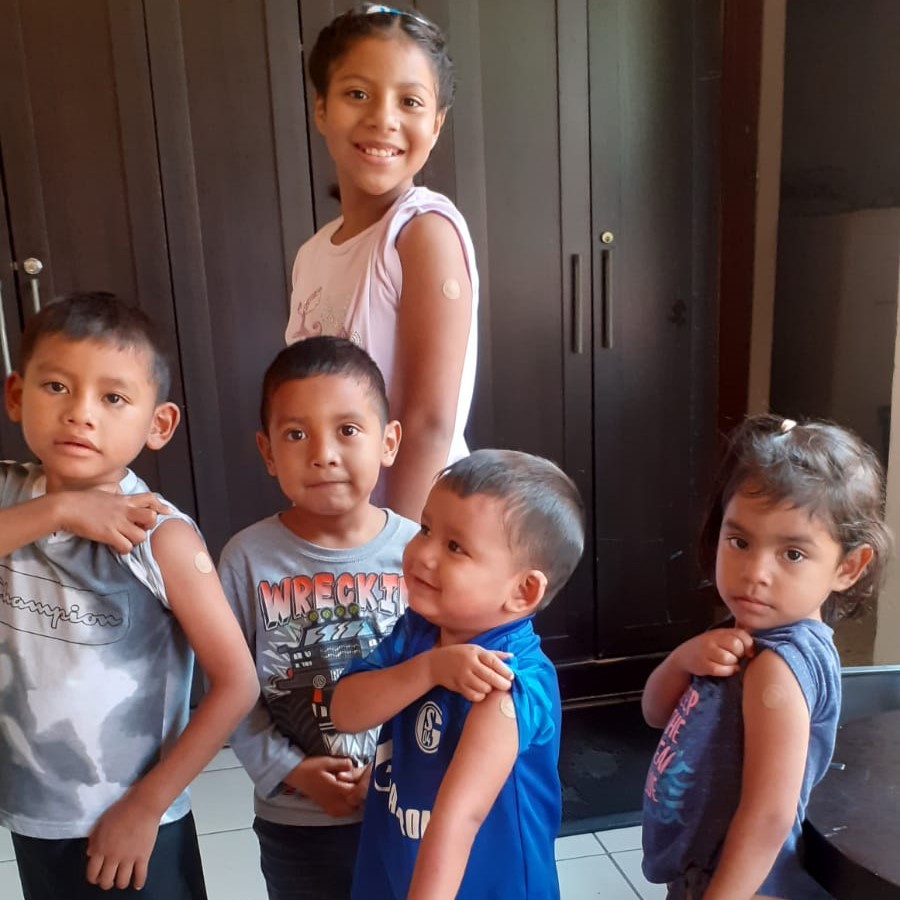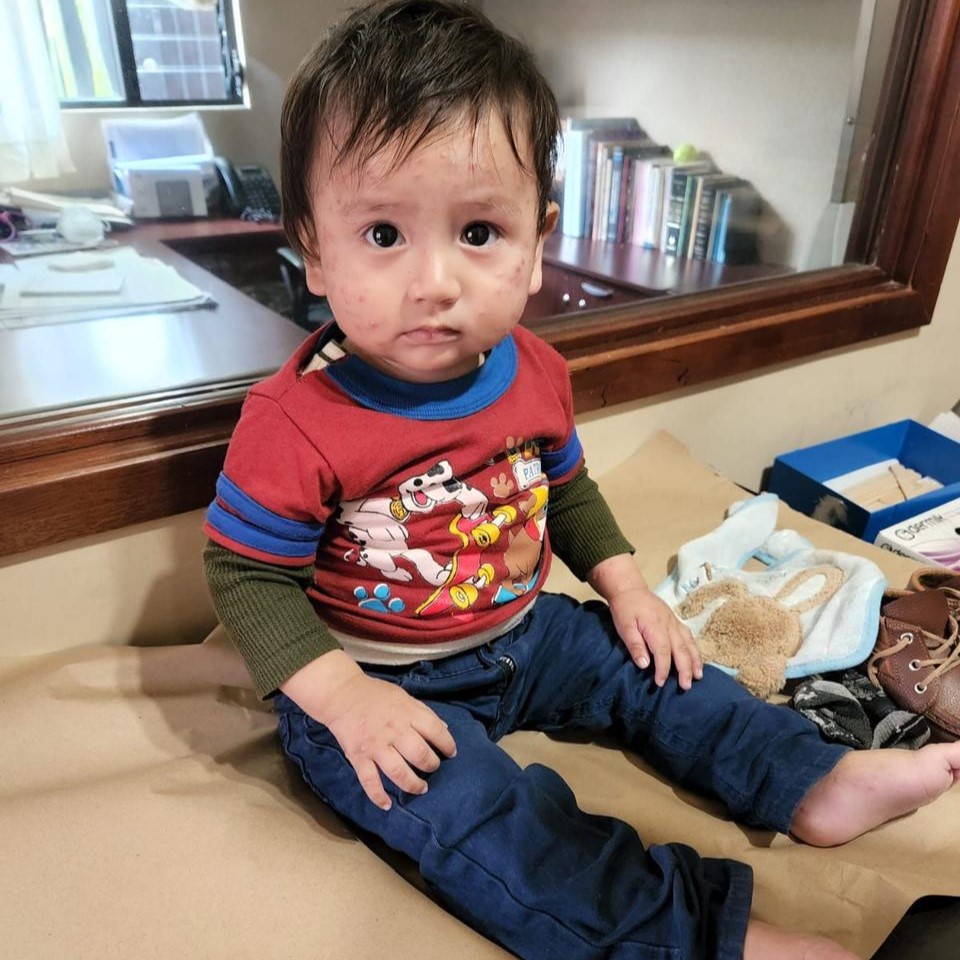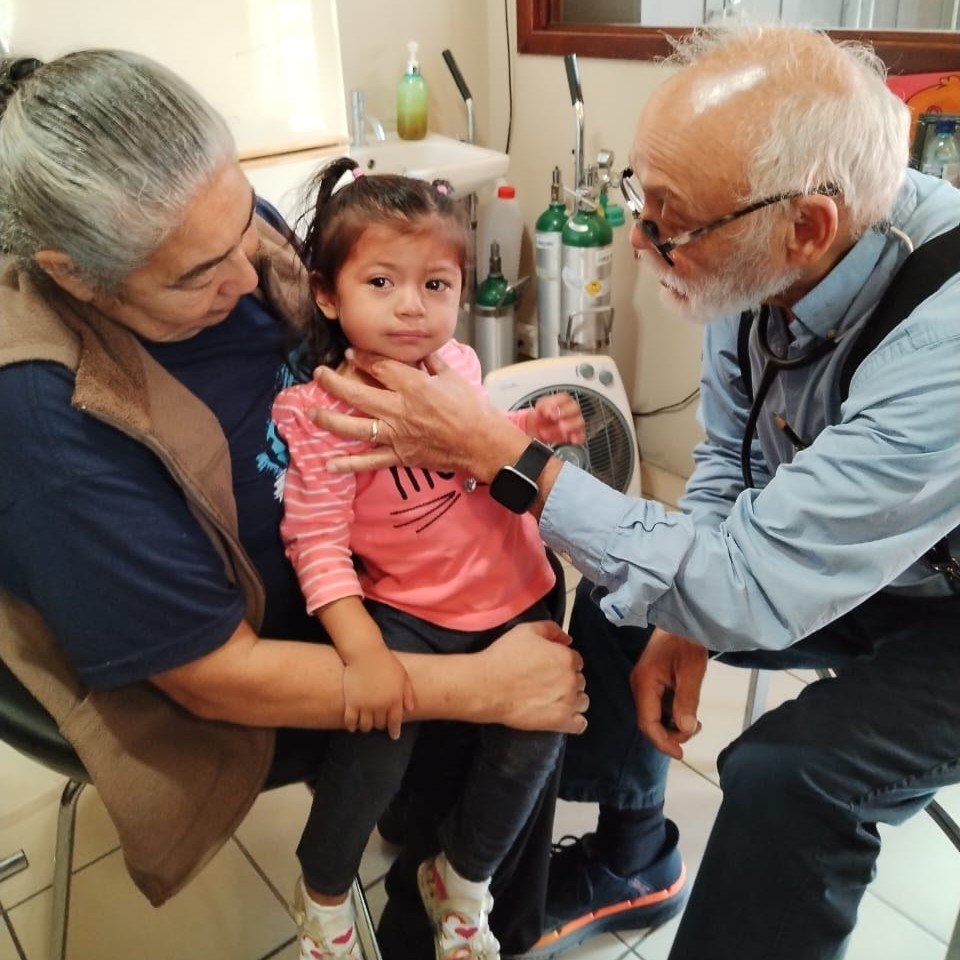
Protein-energy malnutrition (PEM) is a critical public health issue in Guatemala, particularly among children under the age of six. It is a primary contributor to child mortality, developmental delays, and long-term health complications. Despite efforts to address the issue, nearly half of children under five years old in Guatemala suffer from chronic undernutrition, with stunting being a prevalent result. This condition not only impacts physical health but also leads to cognitive underdevelopment and a weakened immune system, all of which can affect a child’s future potential and the country’s economic productivity.
At Dorie’s Promise, we have been working for years to combat these challenges, offering vulnerable children a safe, nurturing environment to recover from malnutrition and other forms of trauma. This blog post reflects on the past four years (2021 to date) of our efforts, presenting a review of the children we’ve served, the causes of malnutrition in our community, and the comprehensive care strategies we have implemented to address these issues.
The Scope of Malnutrition in Guatemala
Protein-energy malnutrition encompasses both acute and chronic forms of undernutrition, each of which carries distinct risks for children. Chronic malnutrition, often referred to as stunting, results from long-term nutritional deprivation and manifests as stunted growth, delayed mental development, and reduced cognitive capacities. Children who experience chronic malnutrition face long-term challenges, including poor academic performance and intellectual limitations that affect their future opportunities.
Acute malnutrition, on the other hand, poses immediate health risks such as weakened immunity, increased vulnerability to infections, and the possibility of death. It requires urgent intervention to prevent severe health outcomes.
In Guatemala, poverty is one of the main drivers of malnutrition. Families living in poverty often struggle to meet basic nutritional needs, and many children are left vulnerable to neglect, abuse, and abandonment. At Dorie’s Promise, we work directly with these children, many of whom have suffered trauma before being referred to our care.
The Situation at Dorie’s Promise (2021 to Present)
Since 2021, Dorie’s Promise has received 24 children under six, all of whom were referred by judicial authorities due to severe malnutrition and other issues. Our goal is to provide a holistic approach to these children’s well-being, addressing their physiological, emotional, and educational needs in a safe and supportive environment.
Here are some of the findings from our medical assessments during this period:
- 83% of the children we received were diagnosed with at least one form of malnutrition.
- 25% had both acute and chronic malnutrition.
- Another 25% had chronic malnutrition alone, while 25% were overweight or obese.
Our main focus is always on children suffering from acute malnutrition, which requires immediate intervention. Malnutrition in these children is influenced by several factors, including:
- Poverty: Over 80% of the children we care for come from impoverished backgrounds, with many living in urban and rural areas across Guatemala. Poverty often means limited access to education, healthcare, and proper nutrition, exacerbating the cycle of malnutrition.
- Family Dysfunction: Many children are removed from their homes due to neglect (80%), physical or emotional abuse (33%), sexual abuse (13%), parental dysfunction or separation (21%), alcoholism or drug addiction (16.5%), and abandonment or orphanhood (41%).



Intervention and Care at Dorie’s Promise
Upon arrival at Dorie’s Promise, the children undergo a thorough medical examination. Often, they arrive with little or no medical history, and we rely on physical exams, tests, and careful observation to assess their condition. Once we have a clear understanding of their nutritional and health status, we develop individualized care plans.
For children with acute malnutrition, our first step is to ensure they are stable enough to be cared for outside of a hospital setting. If so, we begin immediate treatment, including:
- Hydration: Replenishing fluids is critical to restoring health.
- Hygiene: Proper hygiene is essential to prevent further infections.
- Nutritional Support: We start with initial food and supplements to help the child regain strength.
- Quarantine and Infection Treatment: In some cases, we place children in quarantine to treat infections or parasites.
Emotional care is also a priority. We provide each child with the affection, love, and security they need during their recovery, often in the form of one-on-one care from a dedicated caregiver. Most of the children experience significant improvements within 4 to 6 weeks of treatment.
Follow-Up and Long-Term Care
Once children show signs of recovery, we continue to monitor their growth and development closely. Regular check-ups include:
- Physical examinations: To ensure the child is growing and developing properly.
- Lab tests: To assess overall health and detect any underlying issues.
- Vaccinations: We update their immunizations as needed, as many of these children have missed regular vaccination schedules.
- Developmental Stimulation: In addition to addressing physical health, we create individualized programs to stimulate cognitive and emotional development. This ensures the children are prepared to integrate into a formal education system once they are healthy enough.
Looking to the Future
The road to recovery for children suffering from protein-energy malnutrition is long and requires more than just medical treatment. It demands a multi-faceted approach that involves addressing the root causes of malnutrition, such as poverty, family instability, and lack of access to essential services. At Dorie’s Promise, we are committed to providing not only medical care but also emotional support and a loving environment to help children heal, grow, and thrive.
We are proud of the progress we’ve made over the past four years, but there is still much to be done. We continue to rely on the generosity of supporters, volunteers, and the community to provide these children with the tools they need to overcome their early challenges and build healthier futures.
Conclusion
Protein-energy malnutrition is a pressing issue in Guatemala, but organizations like Dorie’s Promise are making a difference. By focusing on providing comprehensive care—medical, emotional, and developmental—we are able to help children who have suffered from neglect and malnutrition recover and thrive. With continued support and intervention, we hope to see fewer children facing the devastating effects of malnutrition in the future.
Together, we can help break the cycle of malnutrition and give these children the chance they deserve to lead healthy, fulfilling lives.